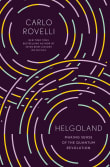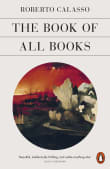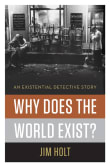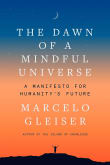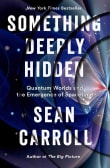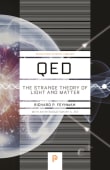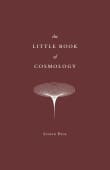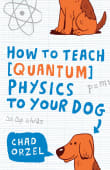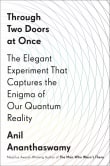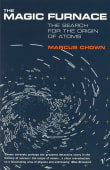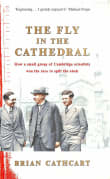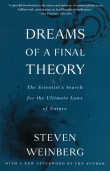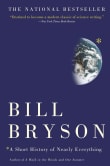When We Cease to Understand the World
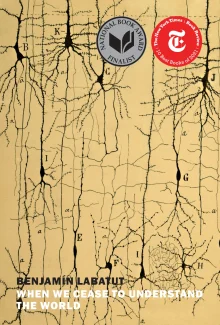
Book description
When We Cease to Understand the World shows us great minds striking out into dangerous, uncharted terrain.
Fritz Haber, Alexander Grothendieck, Werner Heisenberg, Erwin Schroedinger: these are among the luminaries into whose troubled minds we are thrust as they grapple with the most profound questions of existence. They have strokes…
Why read it?
6 authors picked When We Cease to Understand the World as one of their favorite books. Why do they recommend it?

Show, don't tell, how all is uncertain, how reality is fiction, and how the dream of reason produces monsters.

History of science books are rarely as interesting as this one. In a vivid style that carries themes across half page long sentences, it tells stories of the development of Prussian blue and cyanide; the life and work of the mathematician Alexander Grothendieck, Karl Schwarzschild and the physics revolution of early 20th century; and the work of Heisenberg and Schrödinger. The last story of a lemon tree is a disappointing let down. But the first four are fantastic; they inform and entertain, and they should be read befitting their style, despite their hard science core, in a state of dreamlike…

Labatut has called his book “a work of fiction based on real events.” His personages are scientists, fascinating in their obsessions.
There are 5 sections to the book; they deal with brilliance and madness. Fritz Haber who pioneered the use of chlorine gas, which evolved into Zyklon B later used to kill millions in the Nazi concentration camps, seemed to have had no regrets about his discovery, but his wife committed suicide. The physicist who conjectured the existence of black holes died in a military hospital in 1915 from a skin infection, possibly cause by poison gas.
The book seems…
If you love When We Cease to Understand the World...

Labatut’s book defies categorization. Is it a novel? Is it philosophy? Is it narrative non-fiction? It’s somehow all the above.
Delving into the mysteries of humanity’s drive to understand nature, Labatut explores a handful of real personalities from the twentieth century as they struggled against the abyss toward which their very capacity to reason pushed them.
Profound, funny, absurd, and gorgeously written, When We Cease to Understand the World awakens a sense of wonder at the complexity of the universe and the power of the human intellects that grapple with it.

Labatut’s book defies categorization. Is it a novel? Is it philosophy? Is it narrative non-fiction? It’s somehow all the above.
Delving into the mysteries of humanity’s drive to understand nature, Labatut explores a handful of real personalities from the twentieth century as they struggled against the abyss toward which their very capacity to reason pushed them.
Profound, funny, absurd, and gorgeously written, When We Cease to Understand the World awakens a sense of wonder at the complexity of the universe, and the power of the human intellects that grapple with it.
From William's list on the ultimate nature of reality.

What does it take to make huge leaps forward in thinking and understanding?
Can such feats only be reached when the minds of our greatest scientists and mathematicians quaver between ecstasy and sacrifice… between the brilliant and the mad… and when the membrane separating truth from fiction is permeable?
Labatut balances the innate chill of physics and math with a powerful Sturm und Drang in his exploration of epochal breakthroughs, revealing, such as in his opening tale, the true blackness of black holes, and the dual nature of fertilizer as both savior from hunger and grotesque chemical weapon. Your own…
From Craig's list on history that will wake you up.
If you love Benjamin Labatut...
Want books like When We Cease to Understand the World?
Our community of 12,000+ authors has personally recommended 13 books like When We Cease to Understand the World.




